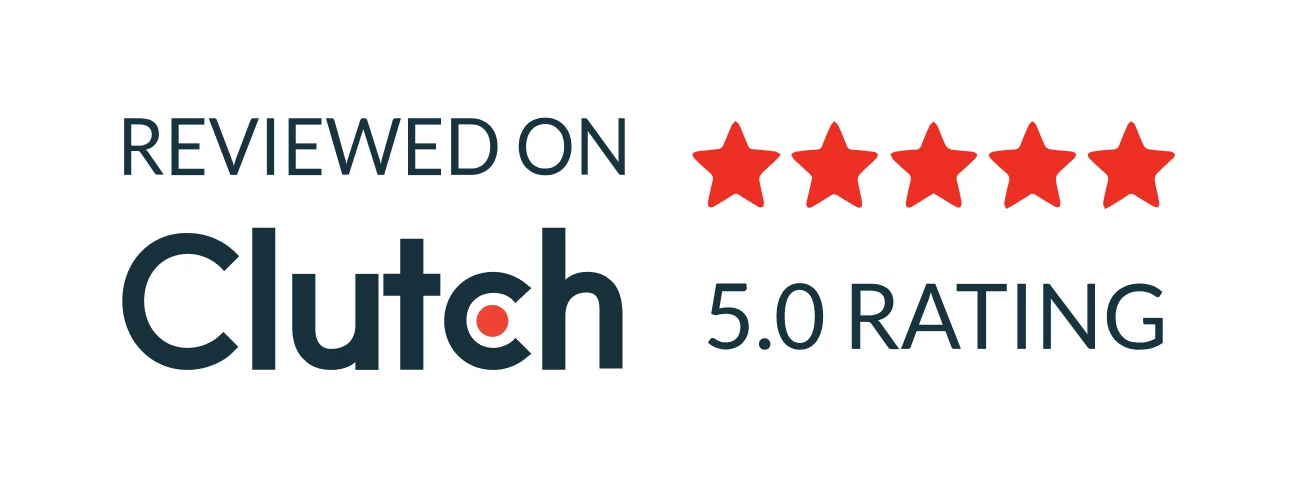The healthcare landscape is evolving rapidly, driven by technological advancements and shifting patient expectations. To stay competitive, healthcare providers and hospitals must embrace innovative marketing strategies that resonate with today’s tech-savvy patients. Effective marketing in 2025 will be about personalization, engagement, and leveraging digital tools to build trust.
This guide explores cutting-edge healthcare marketing strategies designed to help practices and hospitals attract and retain more patients.
Telehealth and Virtual Consultations
Telehealth has transformed how patients access healthcare. It allows providers to reach a broader audience and offer convenient services. Marketing telehealth effectively involves educating patients about its benefits, such as time savings and easy access to care.
Healthcare providers can create targeted campaigns highlighting telehealth services for busy professionals or patients in rural areas. Promoting secure, user-friendly platforms and explaining the consultation process can help overcome potential barriers to adoption.
Integrating telehealth into your marketing strategy positions your practice as innovative and patient-focused, appealing to modern consumers seeking flexibility.
Personalized Patient Communication
Personalized communication fosters stronger patient relationships. Patients are more likely to engage with healthcare providers who understand their unique needs. Tailoring messages based on demographics, medical history, or preferences can increase loyalty and satisfaction.
Email campaigns, appointment reminders, and wellness tips can all be personalized. For example, a pediatric clinic could send seasonal flu prevention tips to parents. Using automation tools ensures timely and relevant outreach without overburdening staff.
Patients appreciate when healthcare providers take the time to offer solutions that fit their lifestyles, enhancing trust and engagement.
Content Marketing and Blogging
Content marketing remains a powerful tool for attracting and educating patients. Blogs, articles, and resources addressing health concerns establish authority and drive traffic to medical websites.
Focus on creating content that answers common patient questions. For instance, a cardiologist could write about heart disease prevention or symptoms to watch for. Ensure content is well-researched, easy to read, and optimized for search engines.
By sharing valuable insights, practices can connect with patients searching for reliable health information online. This strategy also aligns with the goals of digital marketing for healthcare , enhancing online visibility and credibility.
Social Media Engagement
Social media platforms offer opportunities for real-time interaction with patients. Engaging content, such as health tips, success stories, or interactive polls, can boost visibility and foster connections.
Healthcare providers should identify platforms where their audience is most active. For example, Instagram works well for younger demographics, while Facebook appeals to families. Posting consistently and responding to comments promptly shows patients that their concerns matter.
Social media is also ideal for promoting services or sharing patient testimonials, making it a versatile tool in healthcare marketing.
Online Reputation Management
A healthcare provider’s reputation significantly impacts patient trust and decision-making. Online reviews are now one of the first things patients check when choosing a provider. Managing these reviews effectively is crucial.
Encourage satisfied patients to leave positive feedback on platforms like Google or Healthgrades. Respond professionally to both positive and negative reviews, addressing concerns transparently.
Proactive reputation management ensures potential patients see your practice as reliable and trustworthy. Marketing ideas for hospitals should always include efforts to maintain and improve their online image.
Video Marketing
Video content is engaging and easily shareable, making it an essential part of modern healthcare marketing. Providers can use videos to explain procedures, introduce staff, or share patient success stories.
Educational videos that break down complex medical topics in simple terms are particularly effective. For example, a dentist could create a short video about the benefits of regular cleanings. Hosting live Q&A sessions allows for real-time interaction and builds credibility.
Video content not only boosts engagement but also improves search rankings, driving more traffic to your website.
Local SEO and Geo-Targeting
Local SEO is critical for healthcare providers targeting specific communities. Optimizing your website for local searches ensures patients nearby can find your services easily.
Claim and update your Google My Business listing, ensuring accurate details like address, hours, and contact information. Use geo-targeted keywords in your website’s content, such as “pediatric care in Los Angeles.”
Local SEO combined with location-based digital ads can enhance visibility and attract patients actively searching for services in your area.
Health and Wellness Workshops
Workshops are an excellent way to engage with the community while showcasing expertise. Hosting health-related events demonstrates a commitment to patient education and builds trust.
Workshops could focus on topics like stress management, healthy eating, or exercise tips. Promoting these events online and through local partnerships can maximize attendance.
Patients value healthcare providers who go beyond treatment to empower them with knowledge. Workshops are a unique way to differentiate your practice and attract long-term followers.
Patient Referral Programs
Referral programs turn satisfied patients into advocates for your practice. Offering incentives, such as discounts or free services, encourages word-of-mouth promotion.
A clear and simple referral program can generate more leads at a lower cost than traditional advertising. For example, a clinic might offer a free wellness check-up to patients who refer friends or family.
When implemented well, these programs build loyalty and foster organic growth through trusted recommendations.
Community Involvement and Outreach
Active participation in community events strengthens relationships and raises brand awareness. Hospitals and clinics can sponsor health fairs, partner with schools for health education, or support local charities.
Community outreach shows patients that healthcare providers care about their well-being beyond clinical settings. These efforts leave a lasting impression and often lead to positive word-of-mouth.
Including outreach in marketing strategies helps humanize medical practices and fosters deeper patient connections.
Mobile App Development
Mobile apps streamline communication and improve patient engagement. Features like appointment scheduling, medication reminders, and access to health records enhance convenience.
A branded mobile app keeps your practice accessible and builds patient loyalty. For example, a clinic could use push notifications to send wellness tips or alert patients to upcoming appointments.
Investing in a mobile app signals innovation and positions your practice as patient-centric. This tool also complements broader digital marketing for healthcare efforts.
Innovative Patient Experience
Enhancing the patient experience is essential for retention and satisfaction. Simple innovations, such as online check-ins or virtual follow-ups, can make a significant difference.
Use patient feedback to identify areas for improvement. For example, if patients find wait times frustrating, invest in systems that improve scheduling efficiency.
A focus on convenience, accessibility, and comfort ensures patients feel valued. Happy patients are more likely to recommend your services, driving long-term growth.
Learn Proven Healthcare Marketing Strategies – Read Now!
The future of healthcare marketing lies in innovation and patient-centered approaches. Providers must embrace digital tools, personalized communication, and community engagement to stay competitive. Whether it’s leveraging telehealth, creating educational content, or optimizing local SEO, each strategy plays a crucial role in attracting patients.
Marketing ideas for hospitals should focus on delivering value while maintaining trust and transparency. For practices seeking to elevate their marketing efforts, implementing these strategies ensures better engagement and visibility. Learn proven healthcare marketing strategies – read now !






